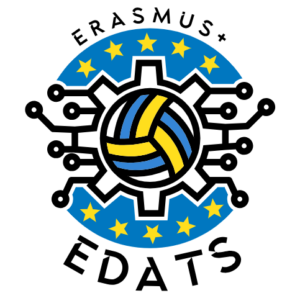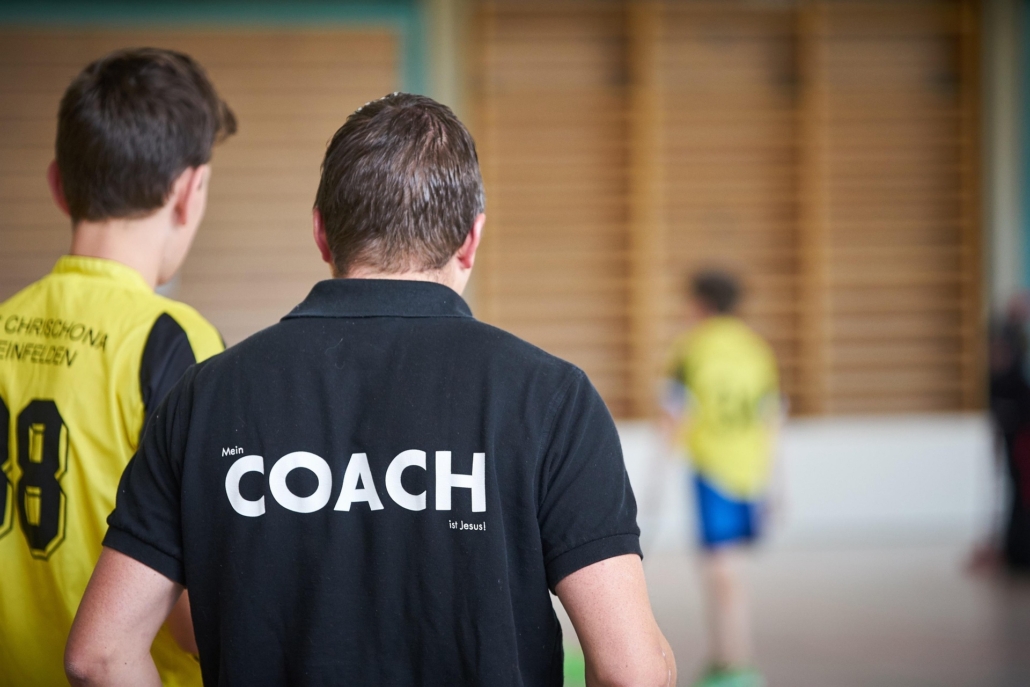Improving Coach-Athlete Relationships in Sport
The relationship between a coach and an athlete is one of the most important factors that influence athletic performance, development, psychological state of athlete and overall well-being. This bond, built on trust, communication, and mutual respect, shapes the athlete’s experience in sport and impacts their ability to perform under pressure. A strong coach-athlete relationship is not only essential for success but also for the athlete’s motivation, psychological well-being, and long-term growth. However, like any relationship, the coach-athlete dynamic requires effort, self-awareness, and intentional strategies to ensure it remains positive and productive. Key strategies to improve the coach-athlete relationship in sport are communication, trust-building, emotional intelligence, and individualized coaching.
The Role of Communication
Effective communication is the cornerstone of any successful coach-athlete relationship. In sport, clear, honest, and consistent communication is essential for setting expectations, providing feedback, and offering emotional support. According to Jowett and Ntoumanis (2004), open communication helps both coaches and athletes understand each other’s perspectives, which fosters mutual respect and enhances cooperation. It allows coaches to convey their training methods and strategies while enabling athletes to express their needs, concerns, and feedback.
One of the key aspects of communication in the coach-athlete relationship is feedback. Coaches should provide both positive and constructive feedback to guide the athlete’s improvement. Positive reinforcement is critical for building confidence, especially in younger or less experienced athletes, while constructive feedback provides the athlete with specific areas to work on without undermining their self-esteem. Importantly, coaches should be mindful of how they deliver feedback, ensuring it is clear, non-judgmental, and aimed at improving performance.
Furthermore, active listening is an often-overlooked component of effective communication. Coaches should not only speak but also listen to their athletes, giving them space to express their thoughts, emotions, and concerns. This creates an open environment where athletes feel valued and understood, which in turn promotes a positive relationship. Research indicates that athletes who feel listened to by their coaches are more likely to feel motivated, trust their coach’s decisions, and remain engaged in their sport (Mageau & Vallerand, 2003).
Building Trust
Trust is a fundamental element in any coach-athlete relationship. Without trust, the relationship is likely to be marked by tension, miscommunication, and dissatisfaction. Trust in a coaching context involves the athlete’s belief that the coach has their best interests at heart, is knowledgeable, and is committed to helping them succeed. Coaches must earn this trust by being consistent, fair, and transparent in their actions and decisions.
One way to build trust is through consistency. When athletes know what to expect from their coach, whether it be in terms of behavior, feedback, or training philosophy, they are more likely to trust the coach. A coach who frequently changes their expectations, approach, or demeanor may create uncertainty and confusion, leading to a breakdown in trust.
Fairness is another important component of trust. Athletes need to feel that they are being treated equitably compared to their teammates, regardless of their skill level or status on the team. Coaches who show favoritism or fail to provide equal opportunities for development can damage the trust they have built with their athletes. Fairness also extends to how a coach handles mistakes and setbacks. A coach who is understanding and supportive in these situations is more likely to foster a trusting relationship than one who reacts harshly or punitively.
Lastly, transparency in decision-making helps build trust between coaches and athletes. Athletes often have strong emotional investments in their performance and playing time. When a coach makes decisions, such as adjusting an athlete’s role on the team or changing a training regimen, it is important to explain the rationale behind these choices. This openness helps athletes understand the coach’s reasoning and ensures they do not feel unfairly treated or confused by decisions that affect their athletic development.
5.3. Emotional Intelligence and Empathy
Emotional intelligence (EI) is another critical factor in the coach-athlete relationship. EI refers to the ability to understand, manage, and respond to one’s
own emotions and the emotions of others. A coach with high emotional intelligence is better equipped to navigate the emotional landscape of their athletes, especially in the high-pressure environment of competitive sports.
Empathy, a key component of emotional intelligence, allows coaches to connect with their athletes on a personal level. By recognizing and validating the emotions and challenges that athletes face, coaches create a supportive environment where athletes feel safe to express themselves. Empathy also helps coaches identify when an athlete may be struggling mentally or emotionally, even if they are not directly expressing it. This awareness allows coaches to intervene with appropriate support, whether it be through one-on-one conversations, adjustments to training, or referrals to a sports psychologist if necessary.
In addition to fostering emotional support, coaches with high emotional intelligence can better manage their own emotions in stressful situations. Sports can be highly charged environments, and coaches who are able to remain calm and composed in the face of setbacks, mistakes, or losses demonstrate emotional resilience. This composure not only sets a positive example for athletes but also creates a more stable and supportive team environment.
Individualized Coaching
One-size-fits-all coaching is no longer considered an effective approach, especially in modern sports environments where athletes differ in terms of personality, motivation, learning style, and development stage. Individualized coaching involves tailoring one’s coaching approach to meet the unique needs of each athlete, which is essential for building a strong coach-athlete relationship.
Research has shown that athletes respond differently to various motivational styles (Vallerand, 2007). Some athletes may thrive on positive reinforcement and a collaborative coaching style, while others may prefer more structured guidance and direct feedback. Recognizing and adapting to these differences helps coaches connect with each athlete on a personal level, thereby fostering mutual understanding and trust.
Individualized coaching also involves considering the personal and emotional needs of athletes. For example, some athletes may require more emotional support during times of personal stress or after a poor performance, while others may prefer to be left alone to process their emotions independently. Coaches who
take the time to understand the individual personalities and emotional needs of their athletes are better able to provide the right type of support at the right time.
In addition, goal setting is an area where individualized coaching can have a significant impact. Coaches who work with athletes to set personalized, achievable goals that align with their long-term aspirations show that they are invested in the athlete’s development. These goals should be specific, measurable, and tailored to the athlete’s current level of skill and performance, allowing for steady progress and motivation.
Conclusion
The coach-athlete relationship is a vital component of success in sports, and improving this relationship requires intentional strategies that focus on communication, trust-building, emotional intelligence, and individualized coaching. By fostering open communication, coaches can ensure that athletes feel heard and valued, while building trust through consistency, fairness, and transparency creates a stable foundation for development. Emotional intelligence and empathy allow coaches to support athletes through emotional challenges, while individualized coaching ensures that each athlete’s unique needs and motivations are met.
Ultimately, a strong coach-athlete relationship not only enhances athletic performance but also promotes long-term psychological well-being and personal growth for athletes. Coaches who invest time and effort into developing these relationships will not only see improved outcomes on the field but will also contribute to the overall development of confident, motivated, and resilient athletes.
References
• Jowett, S., & Ntoumanis, N. (2004). The coach-athlete relationship questionnaire (CART-Q): Development and initial validation. Scandinavian Journal of Medicine & Science in Sports, 14(4), 245-257.
• Mageau, G. A., & Vallerand, R. J. (2003). The coach–athlete relationship: A motivational model. Journal of Sports Sciences, 21(11), 883-904.
• Vallerand, R. J. (2007). Intrinsic and extrinsic motivation in sport and physical activity. Handbook of Sport Psychology, 3, 59-83.




